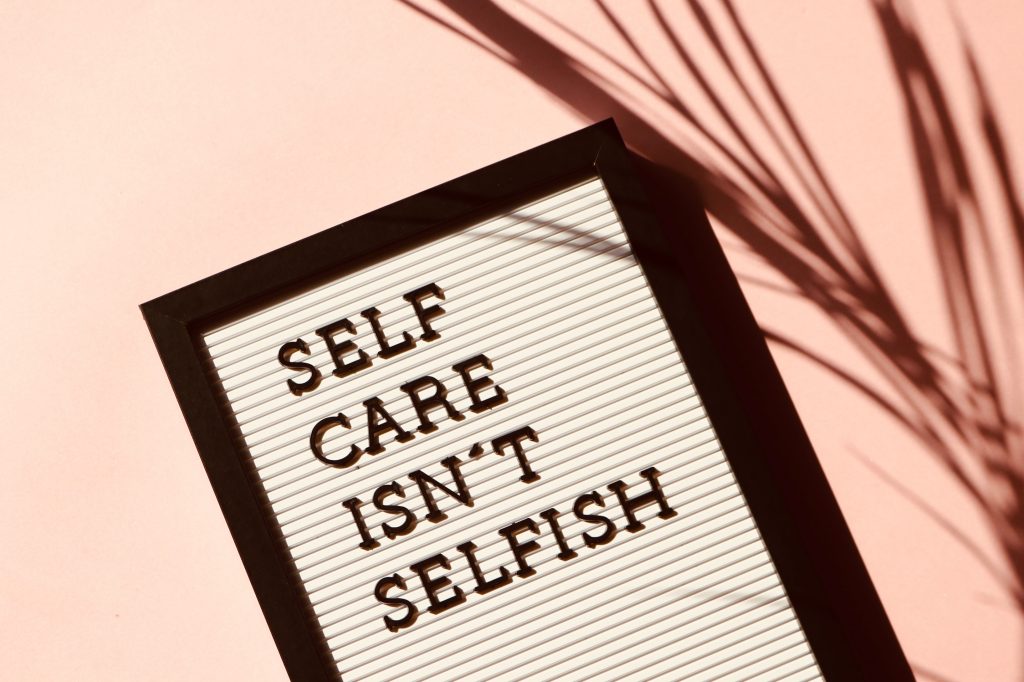
Has it ever dawned on you that you’re being treated badly, or just straight played?
We sometimes get so used to being told we’re overreacting or being “emotional” that we forget that emotions are okay. They’re a tool, a gift even, given to us for a reason, to signal or alert us to good or bad.
We can get so used to society telling us that we shouldn’t expect others to be mind readers, so we need to be clear, but….also unclear, meaning that we are often expected to modify our wants to better fit society’s mold for us. We are told to be fluid and flexible in our lists of wants and needs so that we don’t end up “old and alone”. We get told to have standards, but we get blamed and shamed when we uphold those standards.
If only we could just get it into our brains and spirits that standards are okay!
This happens in personal and professional settings, with spouses or family members, best friends or co-workers. At the onset, you have high hopes:
- You accept a job, after rounds of interviews and researching the company, and you feel that you carefully selected a role that will greatly enhance your future. You expect to gain satisfaction and fulfillment on some level at this job.
- You date and carefully select a mate based on qualities that you enjoy. Of course, the expectation is that your life will be enhanced, or, at the least, not get worse. You expect to have an enjoyable and fruitful future with this person.
- You befriend someone because you share common interests and appreciate the camaraderie. You damn sure aren’t recruiting enemies who’ll bring strife. You expect to enjoy being around this person.
Often enough, as time goes on, you start to see early warning signs that something is amiss. The subtle way that your boss includes comments in your performance reviews about menial issues that have nothing to do with your actual performance. The way your “bestie” seems to give more attention to your losses than your wins. The way your mate slowly stops doing the things you like to do.

In the media, we see many examples of someone with hordes of friends, who can always select 10 people at any point in time to jump on a plane for a girls’ trip to Vegas. Or of the couple who celebrates the quantity of anniversaries they’ve shared instead of the quality of the relationship they’ve experienced.
But what we don’t see is the drama that is often attached. We sometimes operate in and adapt to the dysfunction so gradually, for so long, that it becomes normalized. Too often, we are not risk adverse enough, because we’ve been taught to “hang in there” or “work it out”.

Does there have to be a minimum time of suffering or stress before you throw in the towel? How many times must you be overlooked for a promotion? How much disillusion and heartache is required to qualify you to activate your self-protection? Is once or twice not enough, when everything but your blind hope is indicating that this will be a trend?
I spoke with a 65 year old potential client the other day, who was hesitating to purchase a home which she needed to operate her business, because she was waiting of the court date to be assigned for her…DIVORCE! AT 65! And she sounded relieved! Which means it likely was a long time coming. But why did she wait?
What about the case of a woman who is looking to gain a new education and completely different job. She’s been in the same company for decades, and is severely underpaid. I mean SEVERELY. But, she’s been given “titled” roles, and promised more. The carrot of advancement has been dangled there for years, and she hasn’t gotten much in return but stable employment and added stress. Which she can get elsewhere, minus the stress. But she thought she needed to “put in the time” to “make it work”.

Time is a finite resource which we can never regain. But, we can protect and redeem it in a few simple ways.
1. Refer back to your baseline.
Baselines are different from standards.
Standard: A level of quality you’d like to attain.
Baseline: A minimum level that will be accepted.
It is so important to set emotional, relationship, financial, and professional baselines in your life. These limits and controls help keep you on track when life’s varying swings happen. They can be used to make wise decisions when you are dealing with uncertainty.
2. Don’t ignore the extremes.
Most of us take the bad times and mix with the good times in an effort the operate on the averages. But we cannot ignore the ranges. The modes and frequencies. How low or high a person or situation or business will go can be an indicator of risk. We’re sometimes so busy trying to stretch a situation to reach a standard, that we miss the times that it falls below the baselines.
3. Hold yourself accountable.

Remind yourself that, oh, this is NOT acceptable! I did not sign up for this. This just doesn’t feel right. Your instincts are there for a reason. Think back on the day you made the initial decision. What were the reasons? What reasonable benefits did you anticipate? Are you getting those? If not, have circumstances changed in a way that make not getting those acceptable?
4. Know your worth.
It’s okay to know your worth. Be comfortable tooting your own horn, with espousing all the magic that is you. You should anticipate benefits in any situation. We’re supposed to get provisions and fulfillment from the results of our works.

You don’t have to martyr yourself. Life is a gift given to us to enjoy. So are relationships. It’s okay to be your authentic YOU. Suppressing her will do no good; she will only burst out like the uncontrollable hulk when the going gets rough.
Reciprocity is a necessity, in friendships, family, relationships, business…and it is not ambiguous. Trust your feelings and stop overruling your instincts.
How do you set your emotional baselines? Let us know at TimeTwoRefine@gmail.com or post here.